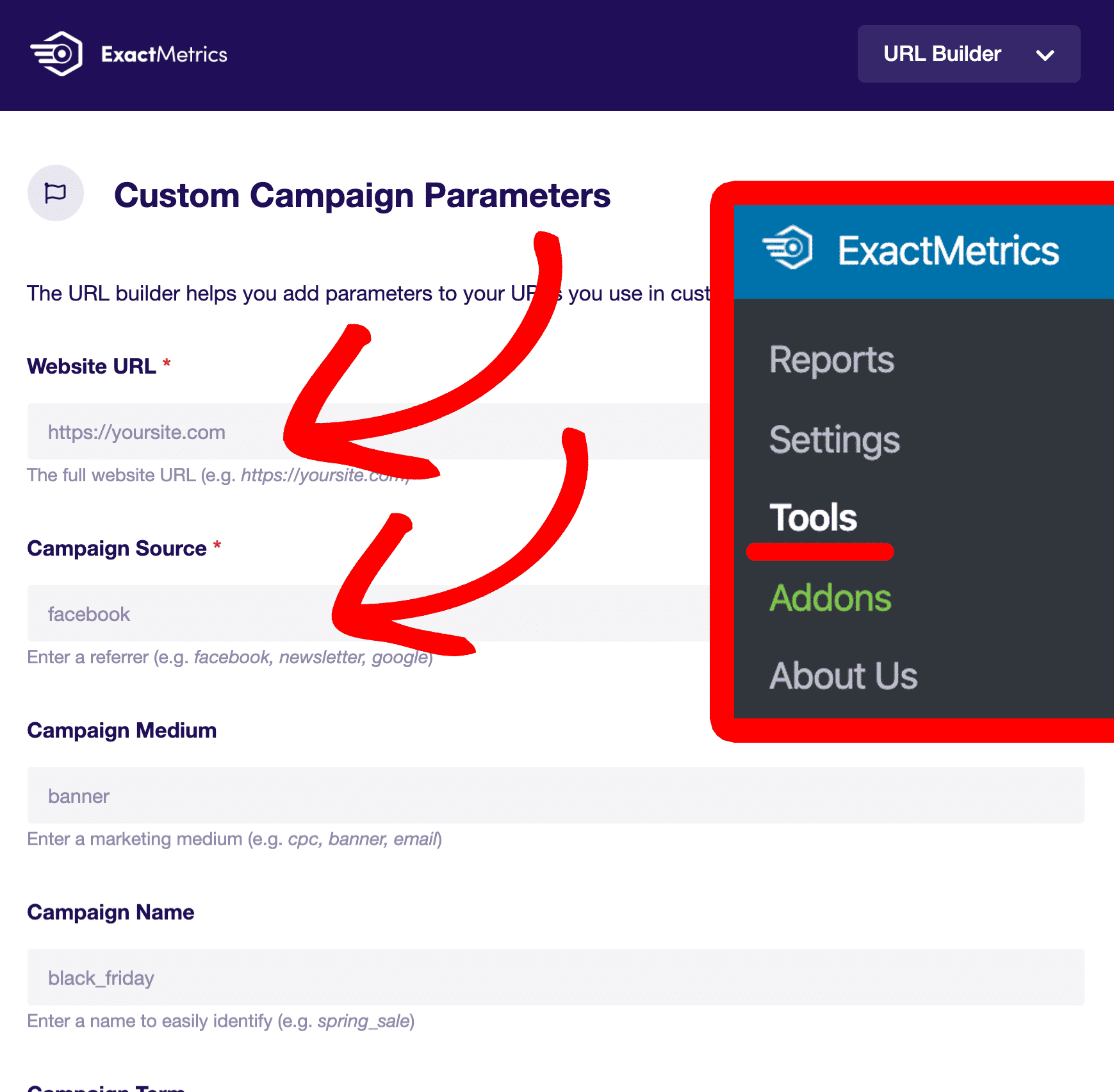

Good event tracking parameters enable good marketing analysis. If you don’t use good naming conventions, aren’t tracking useful variables, or (worse) aren’t consistently applying tracking, you’ll have no way to know if your campaigns are working. We’ll get further into this later, but whatever you put in your tracking URL is what shows up in the analytics software you use. You get out exactly what you put into your website tracking. The GIGO Effect: What it is, and How It’s Damaging Your URL Tracking

Utm bulder how to#
UTM Codes: What They Are, and How to Use Them.The GIGO Effect: What it is, and How It’s Damaging Your URL Tracking.Since tracking mistakes are a fairly common issue (and I’ve, admittedly, made a few myself), I’ll teach you how to fix your tracking mess, explain the shortcomings of using a pre-built URL Builder tool, and walk you through how to create your own URL builder with a free downloadable template (see below)! Download Free URL Builder Template In this blog post, I’ll cover: We can track how many people click a link to visit our blog, but do you know where they came from, if they visited a specific landing page, if they found our blog from a specific Google Search, if your email campaign worked better than your Facebook ads campaign, or if you generated any revenue for those campaigns.įortunately, this information is relatively easy to track using Google Analytics, but what isn’t easy is trying to track performance for a client that has an awful event tracking setup. How do we track a campaign’s performance? *Editor’s Note: A Smarter Way to Track Campaigns in Google Analytics (+ Free URL Builder) was updated May 2018


 0 kommentar(er)
0 kommentar(er)
